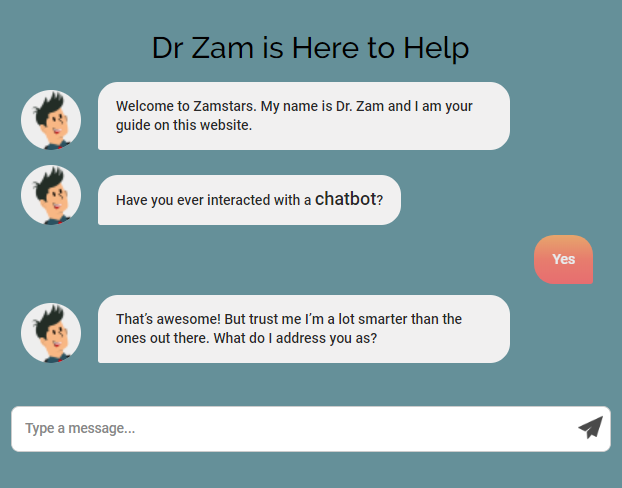
When the world saw Tony Stark fiddle with the idea of a bodiless voice as his lab assistant, many rejected the concept, calling it too far-reaching and delusional. They said the same about the Jetsons flying cars and moving walkways were nowhere to be seen. And then Jarvis changed the entire equation.
If we talk about popular culture alone, machines and their ability to evolve over time with machine learning and forecasting have been demonstrated in all forms of media since the very beginning. Robots and computers have long been able to perform routine physical work activities better and more economically than humans, but with machine learning, they are increasingly capable of performing tasks requiring cognitive judgment.
AI isn’t just an abstract idea anymore, it’s already being used every day by millions of consumers. Netflix uses AI & machine learning to make sure users around the world get the best viewing experience, and Alexa can do pretty much anything for you. Whether it’s our smartphone, car, bank or house, we’re using Artificial Intelligence on a daily basis.
True user insights
Most agencies already have access to an abundance of untouched data, (emails, call logs, web forms, letters, social media interactions, and other customer touch points), all of which can help provide rich insights into user behaviour. This level of access to advanced data extraction allows brands to make actionable decisions based on a full set of data, not just a sample. By understanding all of the consumer interactions, it’s possible to make accurate decisions about customer segments and determine how best to reach them across all the available channels.
A recent Everstring report found that 71% of marketers are interested in using AI for personalization and 68% of marketers believe that predictive techniques will be critical to digital marketing.
In order to learn how AI is affecting their industry, every company is in the process of understanding. To consider the scenarios of using machines to make decisions, it can be both terrifying and discomforting. But Digital Marketing is the only industry that can be comfortable with this potential shift.
AI – Trust issues?
A lot of misconceptions have risen regarding the usage of AI and the most significant one is that it will lead to employee layoffs. And with technology developing at a brisk pace, especially over the past decade, revolutionising industries and replacing human exertion for centuries, advancements in AI mean that we are living in an ever-automated world, where machines are increasingly making decisions once made by humans. In fact, it’s estimated that by the year 2030, AI or robots could take over 30% of US jobs. One-fifth of the global workforce will be affected. Due to new technologies, India will only have about 9% of jobs. (Source: https://www.bbc.com/news/world-us-canada-42170100, https://www.mckinsey.com/featured-insights/future-of-organizations-and-work/Jobs-lost-jobs-gained-what-the-future-of-work-will-mean-for-jobs-skills-and-wages)
Uses of AI
Digital Marketing basically uses AI to automate tasks like data processing, collection, and reporting. The idea is that automating these tasks doesn’t lead to layoffs, it gives more time for people to concentrate on strategic planning and leads to more useful processes. The purpose of a simultaneous existence of AI is to increase efficiency and quicker turnaround time in terms of process-oriented settings.
With hours a week now available, an employee is free to focus on the critical thinking that leads to improved client campaign performance, experiment with new approaches and build meaningful relationships with colleagues and clients. To promote a culture where human resources, employees and management are exceling for the benefit of the agency and its clients, this concept is extending to every branch.
A New Agency Culture
AI is going to help improve on personalized campaigns and ads for customers and leads. An example of digital agencies integrating AI into their operations is the use of ad rotation settings in Google AdWords. When using the “optimize” setting, the machine learning technology prioritizes search ads that are statistically more likely to perform more efficiently based on keywords, search term, device and location among other variables.
Tools like Google Analytics are great for collecting data, but like Double Click, the real value in AI is its ability to analyze that data and endorse the strategic action. Facebook is supporting communities with a global team to understand how automated systems and processes can achieve human-level intelligence. Even though Facebook has recently severed ties with many third-party data providers because of its public shakeup, AI-influenced advertising campaigns (“smart ads”) on the social media giant’s pages are still impactful while considering the wealth of targeting information users explicitly make available to Facebook.
AI is here to stay, presumably for the long run. That doesn’t mean its capabilities should be something to be afraid of. On the contrary, we should embrace them, and evolve to become mentors to AI and machine learning products.